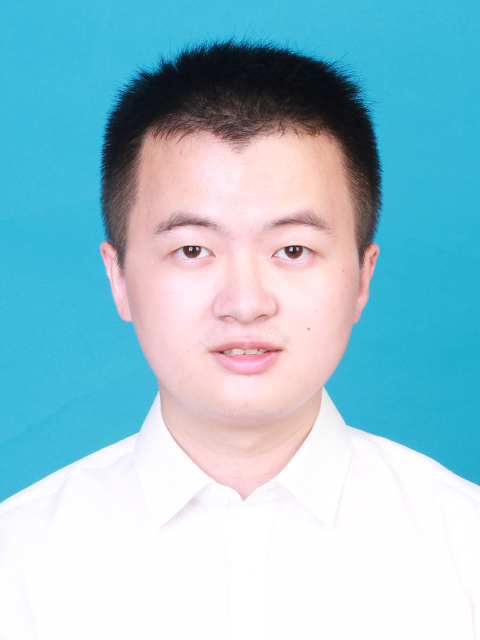Minji Tang
- Google Scholar
- Harbin

I’m a Master student in Research Center for Social Computing and Information Retrieval(SCIR), at Harbin Institute of Technology (HIT, China). I am advised by Prof. Xiao Ding. My research interests include robust learning, event extraction and large language model.
Publications
NoisywikiHow: A Benchmark for Learning with Real-world Noisy Labels in Natural Language Processing Findings of ACL 2023
Tingting Wu, Xiao Ding, Minji Tang, Hao Zhang, Bing Qin, Ting Liu
We contribute NoisywikiHow, the largest NLP benchmark built with minimal supervision. Specifically, inspired by human cognition, we explicitly construct multiple sources of label noise to imitate human errors throughout the annotation, replicating real-world noise, whose corruption is affected by both ground-truth labels and instances. Moreover, we provide a variety of noise levels to support controlled experiments on noisy data, enabling us to evaluate LNL methods systematically and comprehensively. After that, we conduct extensive multi-dimensional experiments on a broad range of LNL methods, obtaining new and intriguing findings.
STGN: an Implicit Regularization Method for Learning with Noisy Labels in Natural Language Processing EMNLP 2022
Tingting Wu, Xiao Ding, Minji Tang, Hao Zhang, Bing Qin, Ting Liu
We propose a novel stochastic tailor-made gradient noise (STGN), mitigating the effect of inherent label noise by introducing tailor-made benign noise for each sample. Specifically, we investigate multiple principles to precisely and stably discriminate correct samples from incorrect ones and thus apply different intensities of perturbation to them. A detailed theoretical analysis shows that STGN has good properties, beneficial for model generalization. Experiments on three different NLP tasks demonstrate the effectiveness and versatility of STGN. Also, STGN can boost existing robust training methods.
DiscrimLoss: A Universal Loss for Hard Samples and Incorrect Samples Discrimination 2023 IEEE Transactions on Multimedia
Tingting Wu, Xiao Ding, Hao Zhang, Jinglong Gao, Minji Tang, Li Du, Bing Qin, Ting Liu
Previous work takes incorrect samples as generic hard ones without discriminating between hard samples (i.e., hard samples in correct data) and incorrect samples. Indeed, a model should learn from hard samples to promote generalization rather than overfit to incorrect ones. In this paper, we address this problem by appending a novel loss function DiscrimLoss , on top of the existing task loss. Its main effect is to automatically and stably estimate the importance of easy samples and difficult samples (including hard and incorrect samples) at the early stages of training to improve the model performance. Then, during the following stages, DiscrimLoss is dedicated to discriminating between hard and incorrect samples to improve the model generalization. Such a training strategy can be formulated dynamically in a self-supervised manner, effectively mimicking the main principle of curriculum learning. Experiments on image classification, image regression, text sequence regression, and event relation reasoning demonstrate the versatility and effectiveness of our method, particularly in the presence of diversified noise levels.